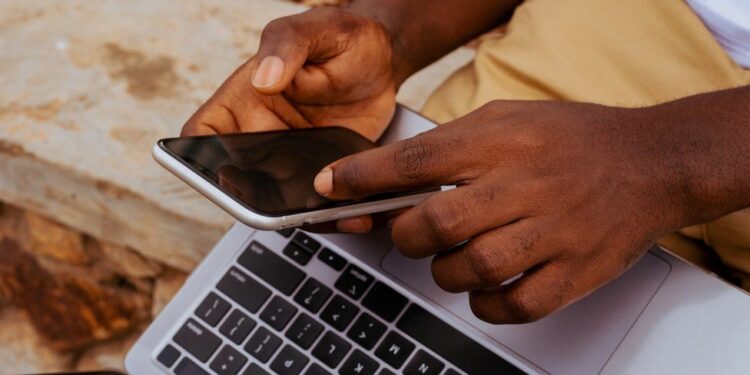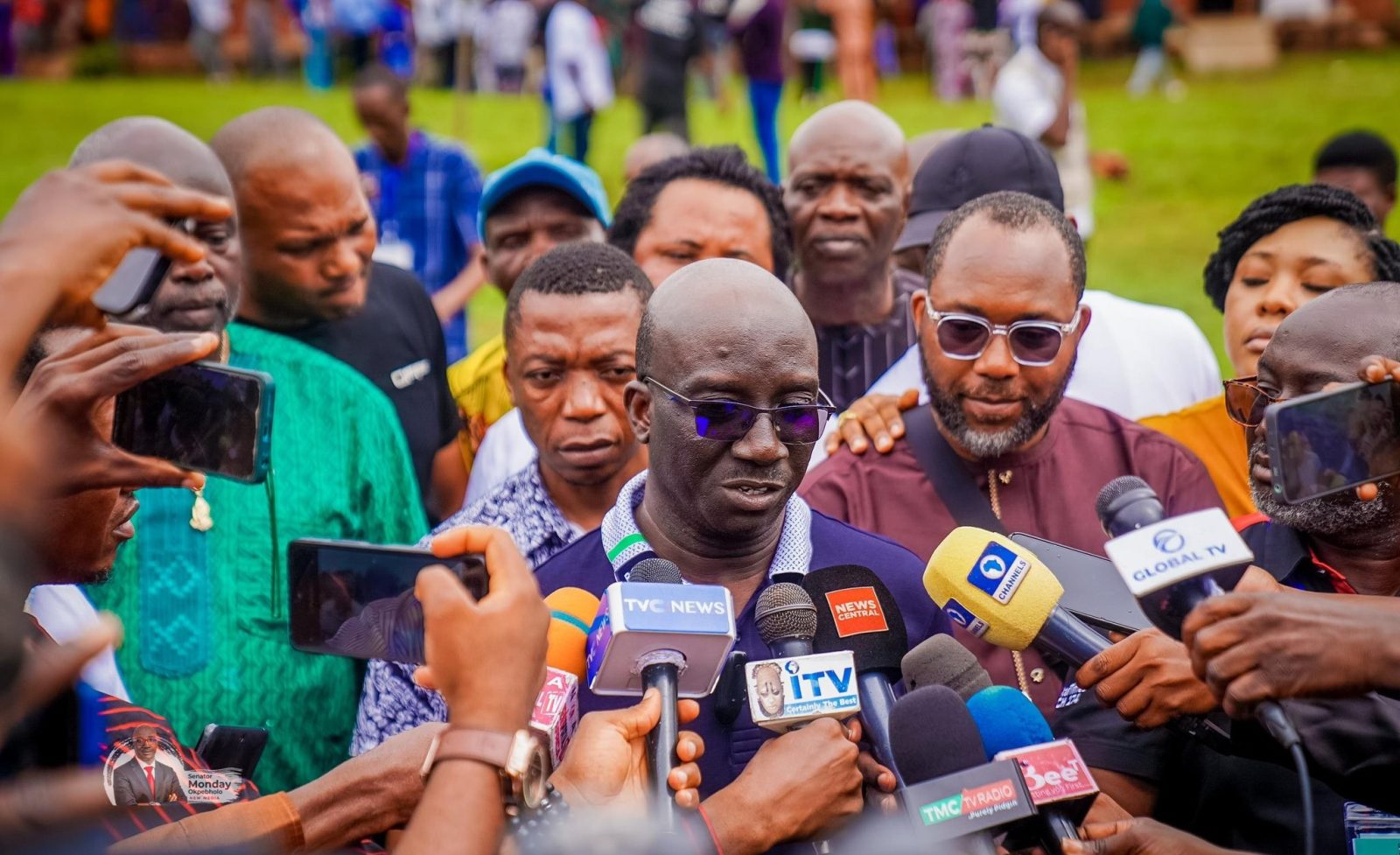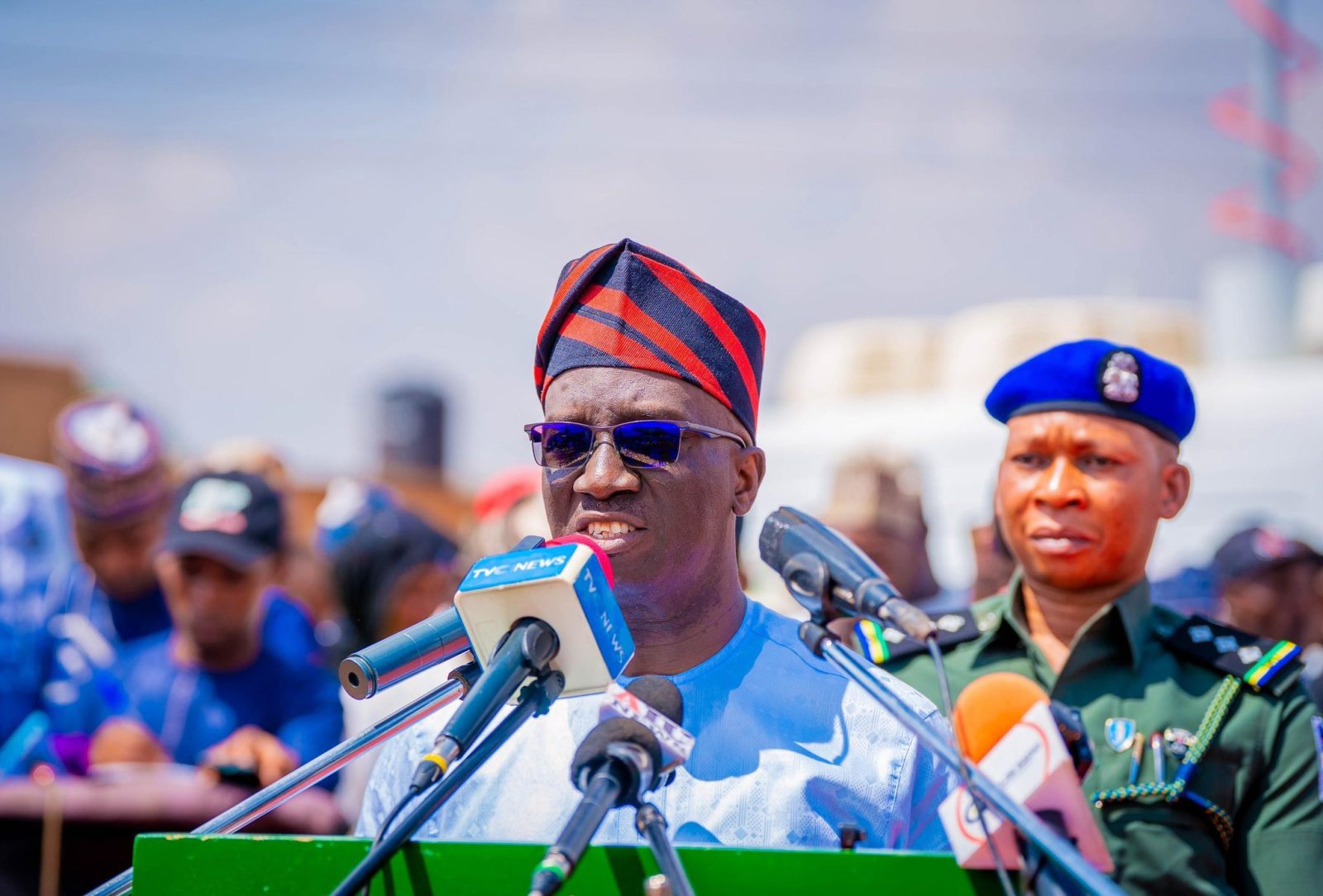Following the damage to the undersea cables last week, the federal government says it is seeking a review of international and regional laws to protect the undersea cables.
The Minister of Communications, Innovation, and Digital Economy, Dr. Bosun Tijani, said Nigeria will engage countries like Cote d’Ivoire, Ghana, and others to accelerate efforts in this direction.
He made this known in a post on X on Sunday.
Persecondnews recalls that telecommunications subscribers and bank users have been stranded as a subsea cable cut in the Atlantic Ocean offshore Cote d’Ivoire, along the coast of West Africa, paralyzed digital transactions and internet communications.
Mobile network operators like MTN and some banks have attributed the network outage to a subsea cable cut in the Atlantic Ocean.
Submarine cable company MainOne had said it might take up to two weeks to repair the underwater cable cut, which disrupted internet services in Nigeria, Ghana, Cote d’Ivoire, Senegal, and other West African and East African countries in the last four days.
The company had attributed the cut to fishing activities and anchoring in shallow waters near shore, natural hazards such as earthquakes and landslides, and then equipment failure.
“Our preliminary analysis would suggest some form of seismic activity on the seabed resulted in a break to the cable, but we will obtain more data when the cable is retrieved during the repair exercise,” MainOne said.
The minister, in his post, said the unfortunate incident of the submarine cable cuts would help to build anti-fragility into Nigeria’s digital economy.
He commended the leadership of MainOne and telcos in their efforts to limit the impact of the cuts.
Tijani wrote: “I must commend the selflessness shown by the leadership of @GloWorld, @WIOCC_, @MTNNG, @MainOneService, and the entire sector in coming together to limit the impact of the cuts. Your actions are helping us all to better prepare for the future.
“This is also an opportunity for us to review international laws and collaborations to adequately protect undersea cables, and I will be engaging regional and global bodies to accelerate efforts on this crucial agenda.
“To those experiencing disruption, please rest assured that @NgComCommission is working with all key stakeholders to resolve the matter in the shortest possible time.”
He assured those experiencing disruption that the Nigerian Communication Commission is working with all key stakeholders to resolve the matter in the shortest possible time.
A submarine communications cable is a cable laid on the seabed between land-based stations to carry telecommunication signals across stretches of ocean and sea.
The commercial undersea telecommunication cables carry about 99% of transoceanic digital
communications (e.g., voice, data, internet), including financial transactions.
Individual private companies and consortia of companies own and operate a network of more than 500 commercial undersea cables that form the backbone of the global internet.
The first submarine communications cables were laid beginning in the 1850s and carried telegraphy traffic, establishing the first instant telecommunications links between continents, such as the first transatlantic telegraph cable, which became operational on August 16, 1858.





















Leave a comment